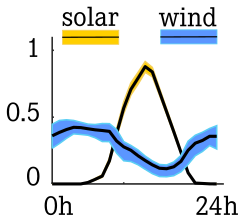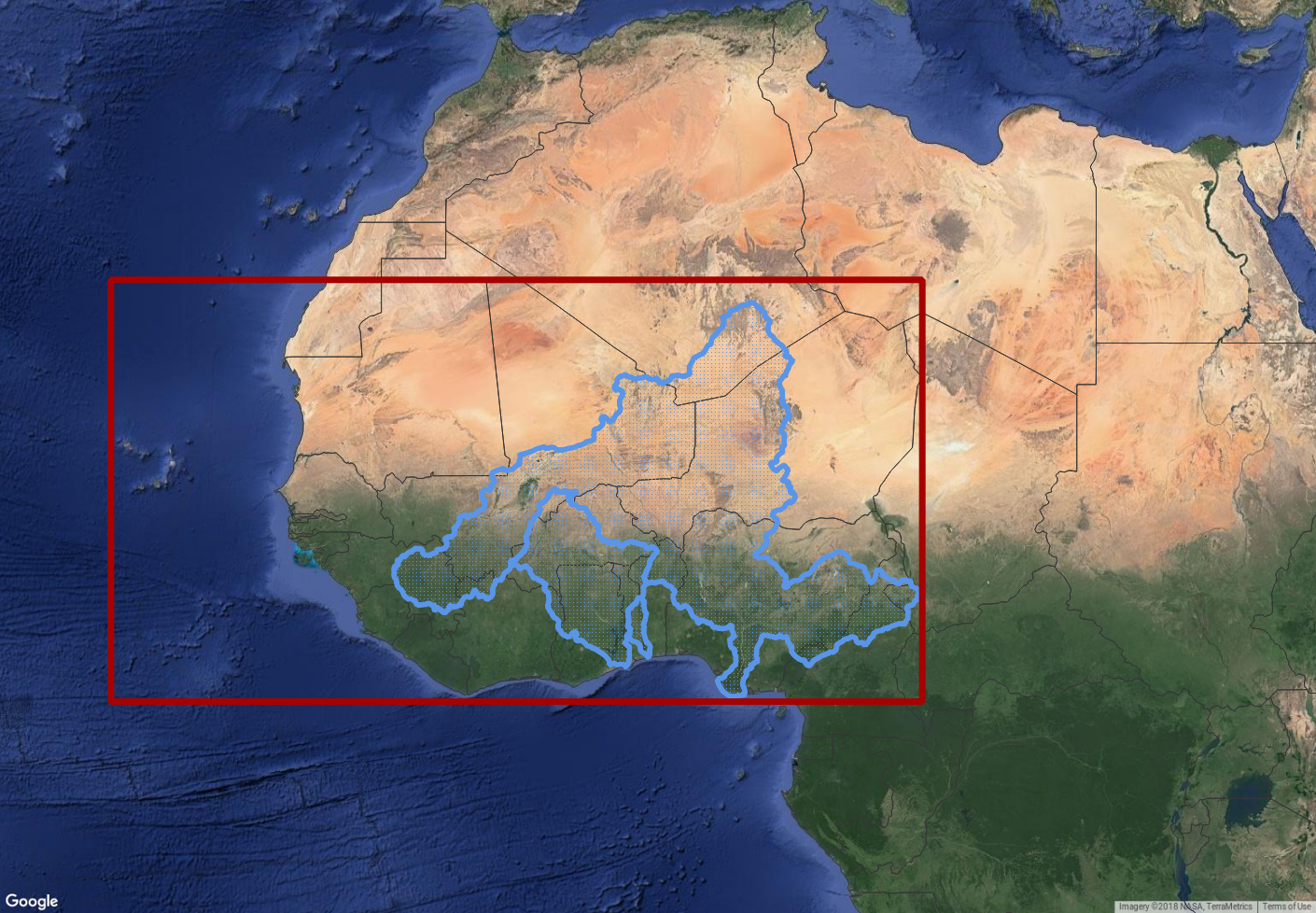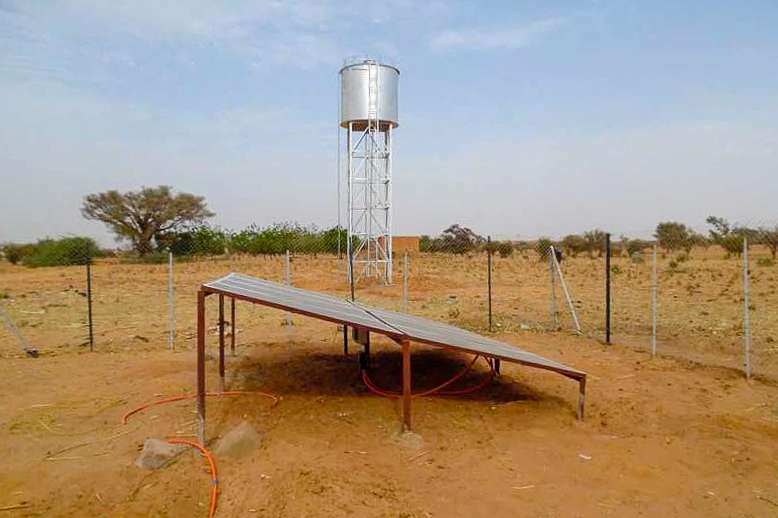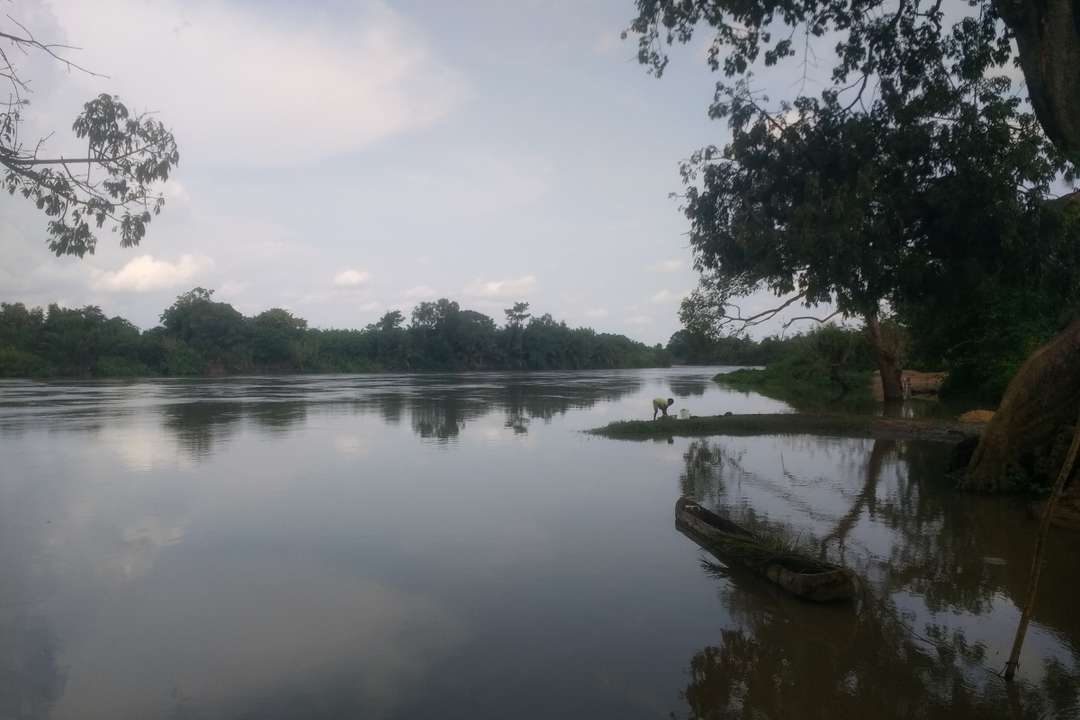What we do
In rural Sub-Saharan Africa, about 86% of the population has no access to electricity, which is the lowest rate worldwide. Access to electricity is a crucial component of socio-economic development and is associated with, e.g., higher youth literacy, improved ambulant and nursing care, enhanced employment, and generates alternative income activities. While West Africa’s population is projected to double by 2050, the electricity demand is expected to increase fivefold by 2030 (IRENA, 2015).
To meet the future electricity demand, while keeping Greenhouse Gas (GHG) emissions at a low level, energy prices affordable, and achieving Sustainable Development Goals (SDGs), context-specific combinations of different renewables, either in centralised or as off-grid solutions, including mini-grids and stand-alone solutions, will be required. The abundance of unexploited renewable energy potential in West Africa is a valuable prerequisite for the implementation of modern energy technologies. With that, West African countries have the potential to leapfrog on modern renewable electricity generation, a crucial transformation process the CIREG project intends to support by co-developing climate services and solutions to provide relevant information to stakeholders and decision-makers.
For this purpose, researchers from European and West African institutes are working closely together with stakeholders and decision-makers from West Africa to co-generate demand-driven climate services in the frame of renewable energy planning.
Our goals
- Delivering demand-driven climate services to support renewable energy planning, implementation, and investment decisions, aligned with SDGs and Nationally Determined Contributions (NDCs)
- Supporting decisions towards sustainable electricity generation mixes with a high share of renewables (including hybrid solutions based on solar, wind, and large to micro hydro power)
- Providing information on risks and opportunities for renewable electricity sources under climate change and variability
- Developing a framework for the systematic identification and support of renewable electricity solutions, aligned with SDGs
Approaches
- Stakeholder dialogues to identify knowledge gaps and user needs for climate information and for co-generation of relevant new knowledge (1st workshop in 2018, Niamey)
- Participatory development of scenarios for future electricity demand and supply, including critical hotspots and supply options
- Investigating the complementarity of different RE sources at the diurnal and seasonal time scales (Fig. 1), Sterl et al. (2018)
- Model simulations to assess risks, opportunities and potentials of different combinations of renewables for electricity generation under climate change and variability, at local, national, sub-continental, and river basin scale (Fig. 2)
- Assessing synergies and trade-offs along the water-food-energy nexus, like in Liersch et al. (2019)
- Development of technologies and business models for decentralised mini-grid and stand-alone solutions in two demonstrator case studies
- Ethnographic field work analysing local knowledge and perceptions with regard to RE generation and demands in five peri-urban case studies




